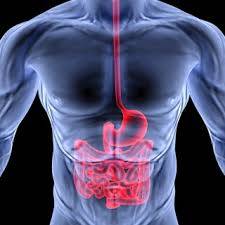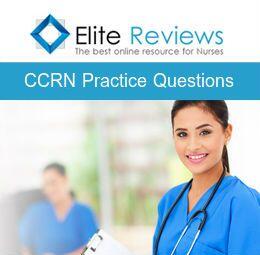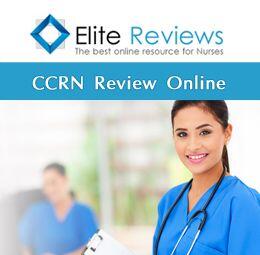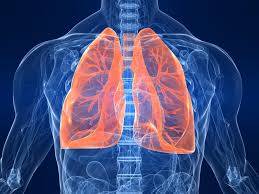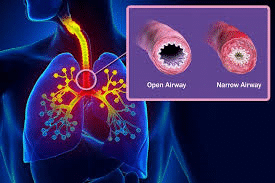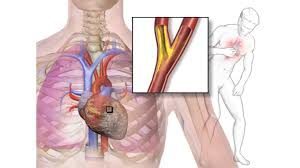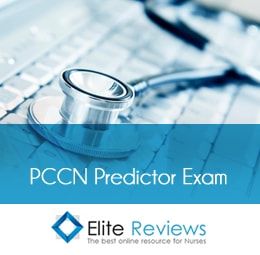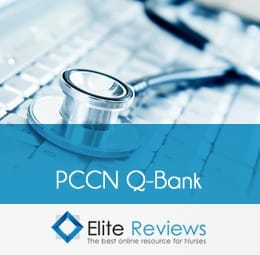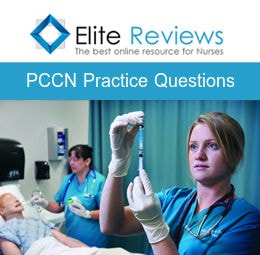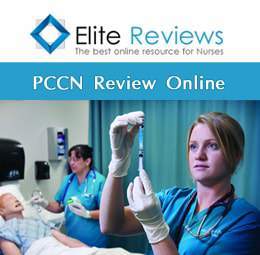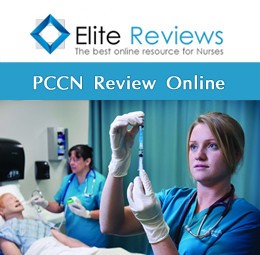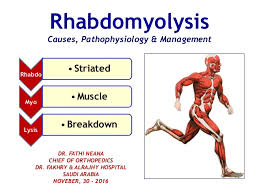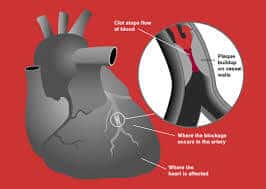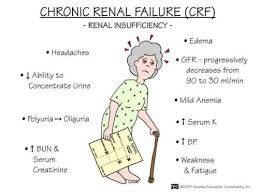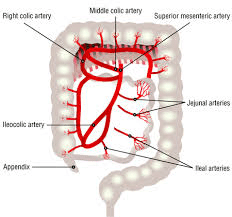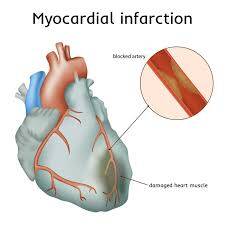CCRN Portal Hypertension
CCRN Portal Hypertension Overview
Portal hypertension is an increase in the pressure within the portal vein (the vein that carries blood from the digestive organs to the liver). The increase in pressure is caused by a blockage in the blood flow through the liver. Increased pressure in the portal vein causes large veins (varices) to develop across the esophagus and stomach to get around the blockage. The varices become fragile and can bleed easily.Signs and Symptoms
The onset of portal hypertension may not always be associated with specific symptoms that identify what is happening in the liver. But if you have liver disease that leads to cirrhosis, the chance of developing portal hypertension is high. The main symptoms and complications of portal hypertension include: Gastrointestinal bleeding: Black, tarry stools or blood in the stools; or vomiting of blood due to the spontaneous rupture and bleeding from varices.- Ascites: An accumulation of fluid in the abdomen.
- Encephalopathy: Confusion and forgetfulness caused by poor liver function and the diversion of blood flow away from your liver.
- Reduced levels of platelets or decreased white blood cell count.
Causes
The most common cause of portal hypertension is cirrhosis or scarring of the liver. Cirrhosis results from the healing of a liver injury caused by hepatitis, alcohol abuse or other causes of liver damage. In cirrhosis, the scar tissue blocks the flow of blood through the liver and slows its processing functions. Portal hypertension may also be caused by thrombosis, or a blood clot that develops in the portal vein.Treatment
The effects of portal hypertension can be managed through diet, medications, endoscopic therapy, surgery, or radiology. Once the bleeding episode has been stabilized, treatment options are prescribed based on the severity of the symptoms and on how well your liver is functioning. First level of treatment When you are first diagnosed with variceal bleeding, you may be treated with endoscopic therapy or medications. Dietary and lifestyle changes are also important. Endoscopic therapy consists of either sclerotherapy or banding. Sclerotherapy is a procedure performed by a gastroenterologist in which a solution is injected into the bleeding varices to stop or control the risk of bleeding. Banding is a procedure in which a gastroenterologist uses rubber bands to block the blood supply to each varix (enlarged vein). Medications such as beta blockers or nitrates may be prescribed alone or in combination with endoscopic therapy to reduce the pressure in your varices and further reduce the risk of recurrent bleeding. The drug lactulose can help treat confusion and other mental changes associated with encephalopathy. This medication has the ability to increase the amount of bowel movements you will have per day. Dietary and lifestyle changes Maintaining good nutritional habits and keeping a healthy lifestyle will help your liver function properly. Some of the things you can do to improve the function of your liver include the following: Do not use alcohol or street drugs. Do not take any over-the-counter or prescription drugs without first consulting with your physician or nurse. Some medications may make liver disease worse, and they may interfere with the positive effects of your other prescription medications. Follow the dietary guidelines given to you by your physician or nurse. Follow a low-sodium (salt) diet. You will probably be required to consume no more than 2 grams of sodium per day. Reduced protein intake is required only if confusion is a symptom. Your dietitian will help you create a meal plan that helps you follow these dietary guidelinesCritical Care Courses
Overview
- Elite Reviews Offers A Variety Of Online Courses That Will More Than Adequately Help Prepare The Critical Care Nurse To Pass The National Exam.
- Each Course Includes Continuing Education Credit and Sample Questions.
Continuing Education
- Each Of Our Online Courses Has Been Approved Continuing Education Contact Hours by the California Board of Nursing
- Login To Your Account In Order To Access The Course Completion Certificate Once The Course Is Complete.
CCRN Free Trial
- FREE Sample Lecture & Prep Questions
- Available For 24 Hrs After Registration
- Click Free Trial Link To Get Started - CCRN Free Trial
How It Works
How It Works
- First - Purchase The Course By Clicking On The Blue Add To Cart Button - You Will Then Be Prompted To Create A User Account.
- Second - After Creating An Account, All 3 Options (90, 120 or 150 Days) Will Be Listed. Select The Option You Desire And Delete The Other Two.
- Third - You Will Be Prompted To Pay For The Review Using PayPal - After Payment You Will Be Redirected Back To Your Account.
- Last - Click The Start Button Located Within Your Account To Begin The Program
- 150 Sample Questions
- Q & A With Rationales
- Approved For 5 CEU's
- 90 Days Availability
- Cost $75.00
- 1250+ Sample Questions
- Q & A With Rationales
- Approved For 25 CEU's
- 90 Days Availability
- Cost $200.00
CCRN Practice Questions Bundle
- 1350+ Sample Questions
- Q & A With Rationales
- Approved For 30 CEU's
- 90 Days Availability
- Cost $225.00
CCRN Review Course
- Option 1
- Lectures & 1250+ Questions
- Approved For 35 CEU's
- 90 Days Availability
- Cost $325.00
- Option 2
- Lectures & 2000+ Questions
- Approved For 40 CEU's
- 90 Days Availability
- Cost $350.00
CCRN Review Course Bundle
- Option 3
- Lectures & 3000+ Questions
- Approved For 70 CEU's
- 90 Days Availability
- Cost $375.00

